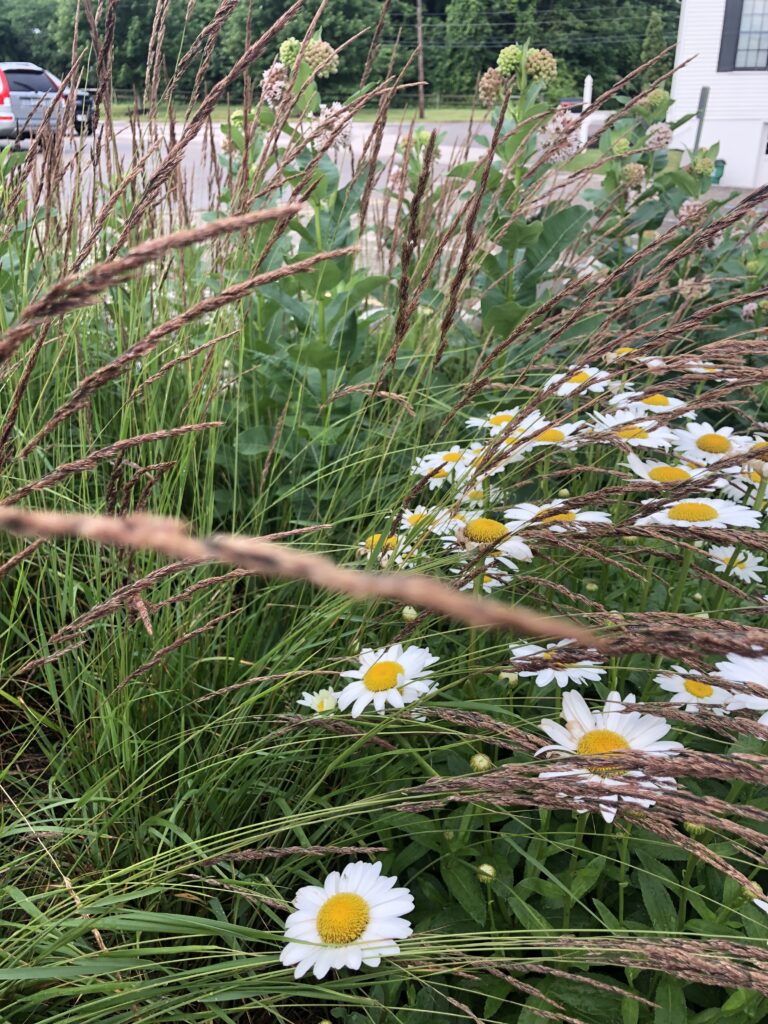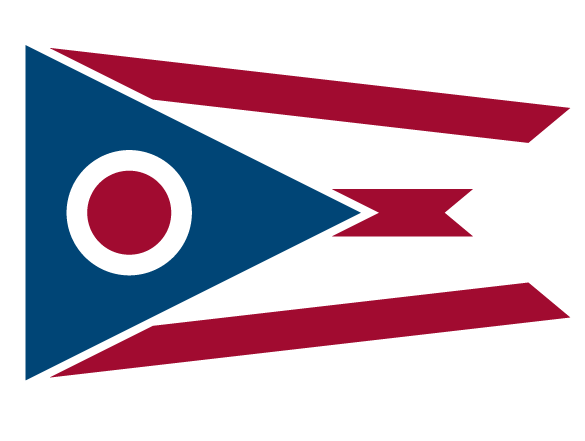Native Plants
Have you heard recent talk about native plants? Maybe you wondered what all the hype is about? Well then, check this out! There are several benefits to using native plants in your garden:
- Native plants are already adapted to the soil and climate of your area. This means they will be hardier and require less maintenance.
- Their roots help retain water and replenish groundwater systems and therefore less stormwater runoff to our storm sewers. Native plants have much longer root systems than your average lawn. This means more stormwater infiltration and more water entering groundwater.
- They boost biodiversity and provide habitat for butterflies and pollinators.
- As stated by the US EPA, lawns account for between 30 and 50 million acres of land use, which is more that any one crop like corn or cotton. Lawns are often heavily watered and homeowners douse them in chemicals and fertilizers. Also, stormwater runoff is greater from our residential lawns. Converting areas of lawn to native plants will drastically improve water quality and water retention in your yard.
- Native plants are great in rain gardens! If you already have a wet area of your yard, it can be converted to a rain garden. These gardens are installed where they will intercept stormwater before it puddles elsewhere in your yard. Native plants used in a rain garden will help store stormwater, by helping it infiltrate into the soil and soak into the ground.

